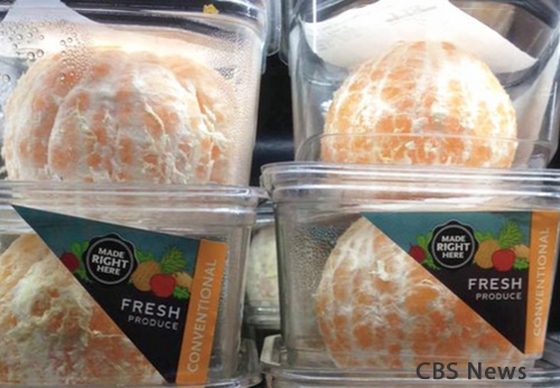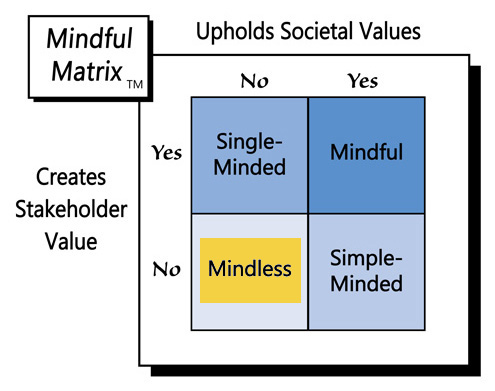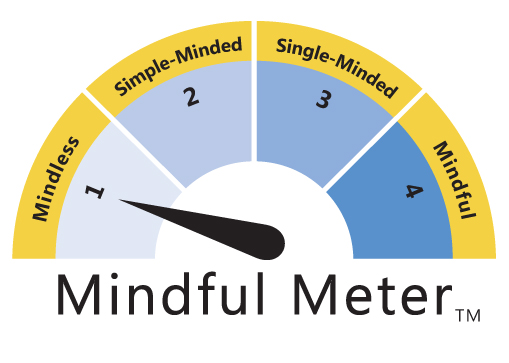- You can’t hear the TV when you’re eating potato chips.
- Your laptop’s power dies, but the charger is in another room.
- The auto detailer moves your car’s seat.
- You want to turn off the lights but the bed is too comfortable.
- You house takes too long to clean because it’s so big.
If you do, you may be experiencing “first world problems,” those trivial difficulties that people in rich industrialized nations bemoan, which pale in comparison to the challenges that individuals in emerging countries often endure.
There’s another apparently petite problem you may not have heard about: “I’d like to eat an orange, but it has a peel on it.” In a world of seedless grapes and crust-less bread, why can’t there be peel-less oranges? Well, thanks to a leading U.S. supermarket chain that wish recently became reality, although short-lived.
Whole Foods, the Texas-based retailer that bills itself as “America’s Healthiest Grocery Store” introduced a peel-less orange in some of its stores. As the picture above shows, consumers could buy the single citrus, sans the skin, in a pint-size plastic container. The retailer priced the package at $5.99 per pound.
It didn’t take long for the fruit-selling-strategy to come under fire, which started when a London-based shopper, Nathalie Gordon, posted a picture on Twitter along with a snarky remark: “If only nature would find a way to cover these oranges so we didn't need to waste so much plastic on them.”
No surprising, Gordon’s witty sarcasm didn’t just sink into the social media abyss. Her indictment went viral, and within only three hours Whole Foods responded saying that it would pull the orange packages from its shelves. It tweeted this apology: “These have been pulled. We hear you, and we will leave them in their natural packaging: the peel.”
So, case closed. For once a company promptly processed consumers’ concerns and rapidly made the right response. Well, not so fast. Part of the reason Gordon’s commentary went viral is that it caused a social media melee: people had strong feelings for and against her critique and Whole Food’s reaction. Those who responded in favor generally echoed the negative environmental impact to which Gordon alluded. For instance, @StephanieBe tweeted, “[expletive, expletive]. That makes me unbelievably angry actually. Talk about necessarily contributing to plastic taking over the planet.” Such strong support, however, was met by equally robust rebuttal.
The main criticism of Gordon’s tweet and Whole Food’s product retraction came from those concerned about individuals who can’t peel their own oranges. There are likely millions of people who lack such digit dexterity due to a wide variety of conditions ranging from arthritis to amputation. Many sympathetic to these persons’ plights voiced their support for the peel-less orange, as well as their distaste for Gordon’s tweet and the retailers’ reaction. Here are a few of those opposing tweets @ Whole Foods:
- “I'm so sorry you've decided to do that. I have rheumatoid disease and it's often impossible to peel an orange” (@pschiendelman).
- “How do you feel about preventing disabled people from eating fresh fruit because some cracker complained?” (@decolonizeupdog).
- “Please don’t. A lot of ppl with disabilities like arthritis see them as a lifesaver, and don't appreciate the ‘joke’" (@KevinCarson1).
So, maybe having to peel an orange is not just another first world problem. Does that possibility, then, mean that Whole Food’s introduction of the peel-less orange was “Mindful Marketing”? Again, the answer is “not so fast.”
First, there’s no evidence that Whole Foods had any intention of helping those who suffer from conditions that would prevent them from peeling their own oranges. The company didn’t mention that desire in any of its pre- or post-organgegate communication. Plus, if the retailer really wanted to avoid physical encumbrances, it might have gone one step further and separated each orange into sections, making the fruit even easier to eat.
Of course, one might argue that the firm’s motivation doesn’t matter as much as the end result, i.e., people being helped is more important than why they are helped. However, the long-term reliability of that outcome is also tenuous, for instance:
- Some have suggested that that the packaging itself (a hard-to-remove lid) might pose a problem for those with limited manual dexterity.
- The oranges’ high cost (nearly $6 per lb.) would make their purchase cost prohibitive for many people, particularly persons with disabilities, whose physical challenges often correlate with financial ones.
Of course, customers’ cost is not the only concern. Even if Whole Foods’ peel-less oranges had helped a significant number of shoppers, there still would be the issue of environmental impact, which was the reason for Gordon’s critical tweet. Likewise, one can only wonder how many of the high-priced oranges would have been wasted after sitting peel-less in plastic. Neither of these outcomes would be desirable ones for a company that prides itself in environmental stewardship.
So, whether or not Whole Foods’ peel-less orange exemplified a first world problem, it did represent a real world marketing problem: a product that probably never would have created sufficient stakeholder value, while compromising the societal value of good stewardship. The end result is another unappealing instance of “Mindless Marketing.”
Learn more about the Mindful Matrix and Mindful Meter.
Check out Mindful Marketing Ads and Vote your Mind!




 RSS Feed
RSS Feed